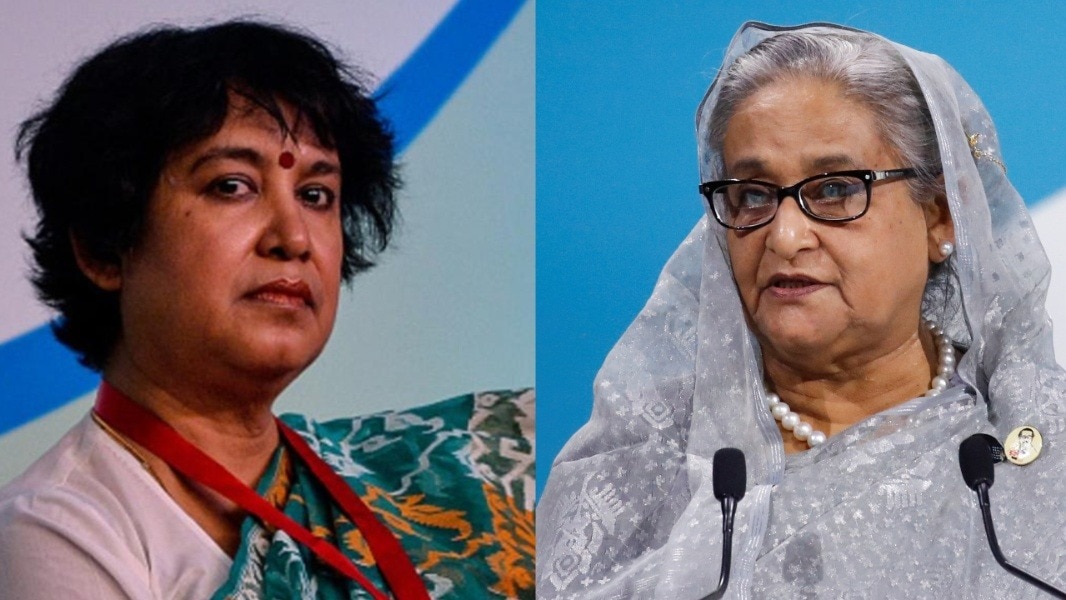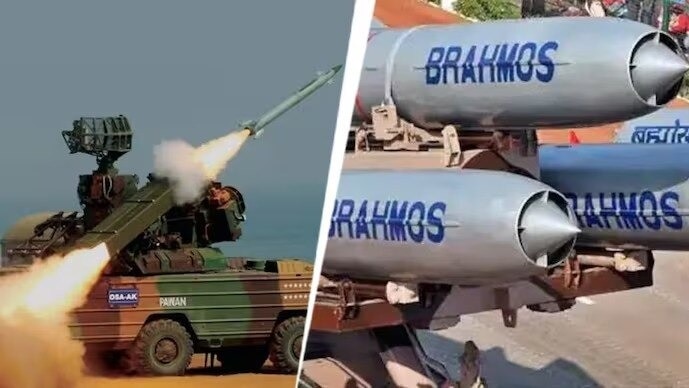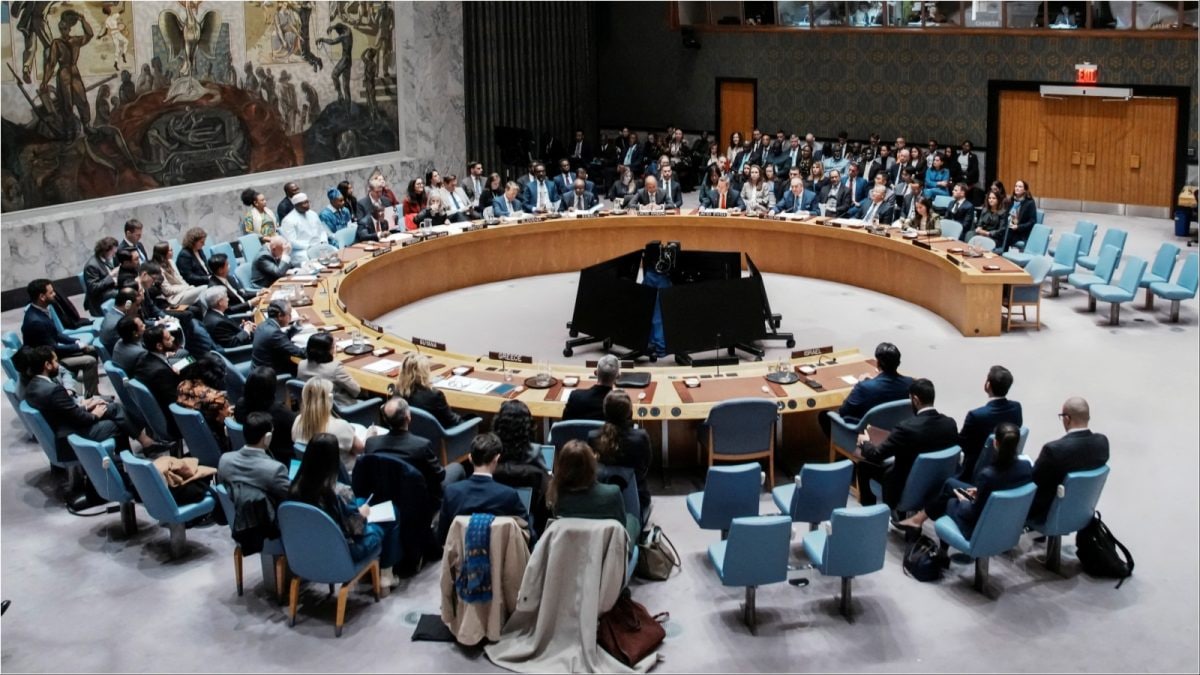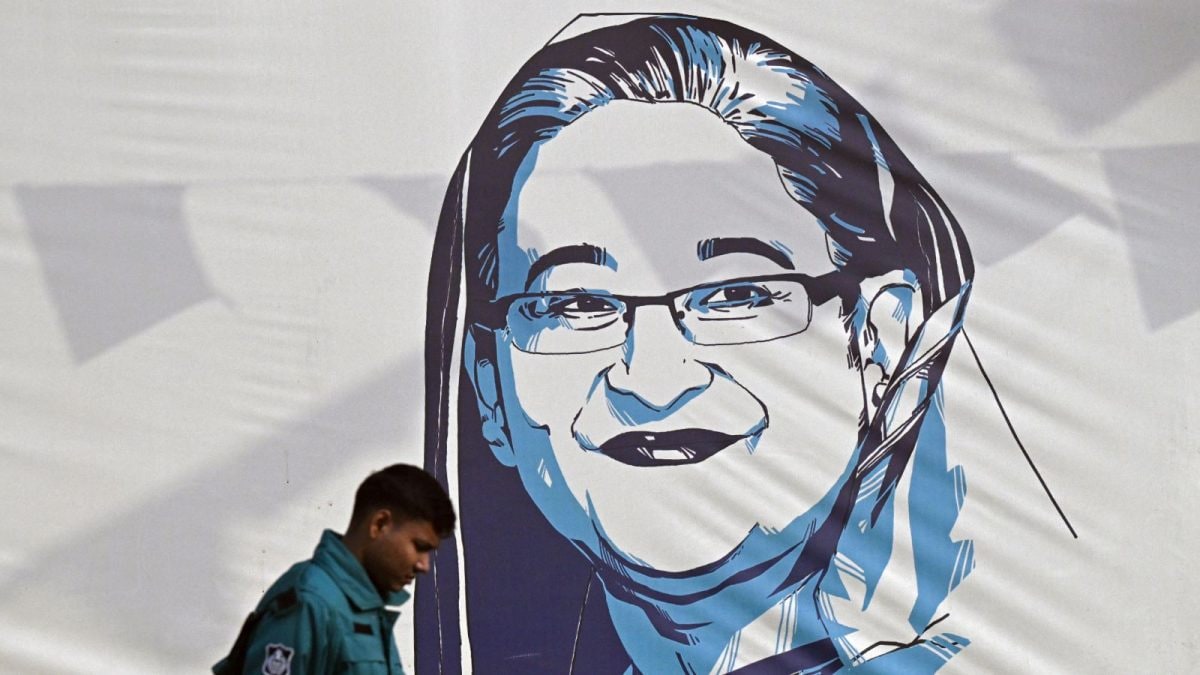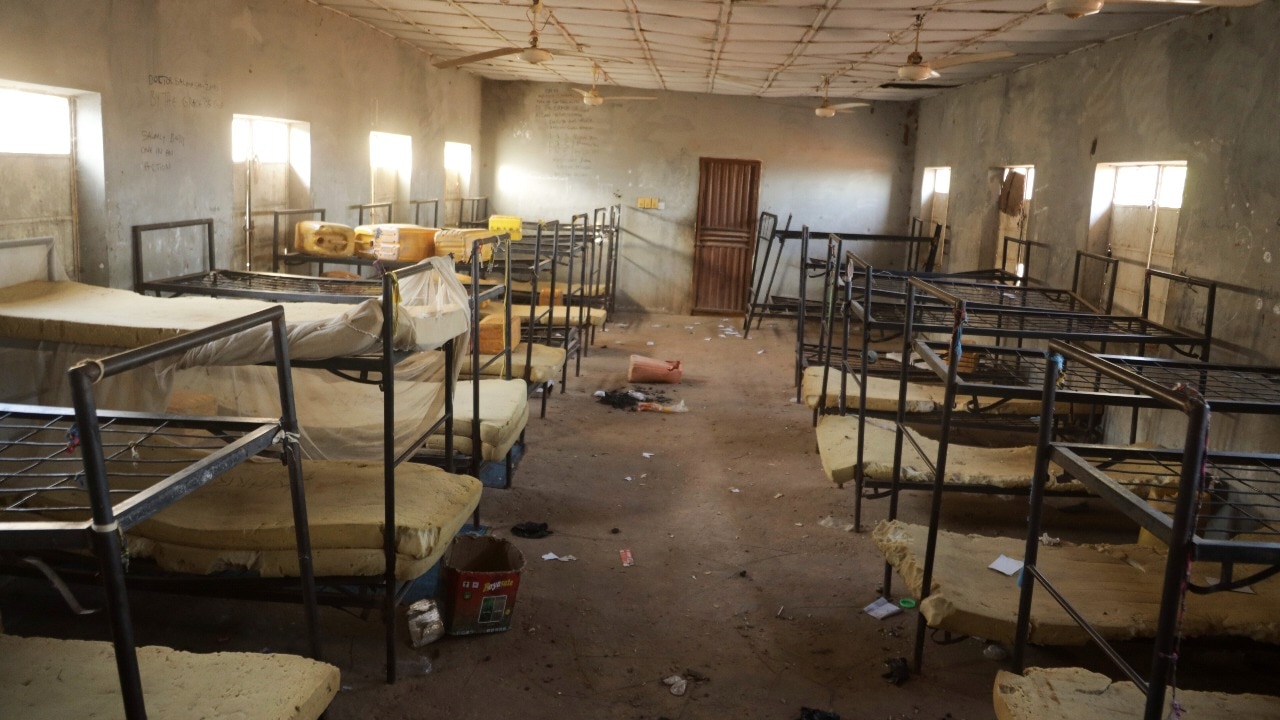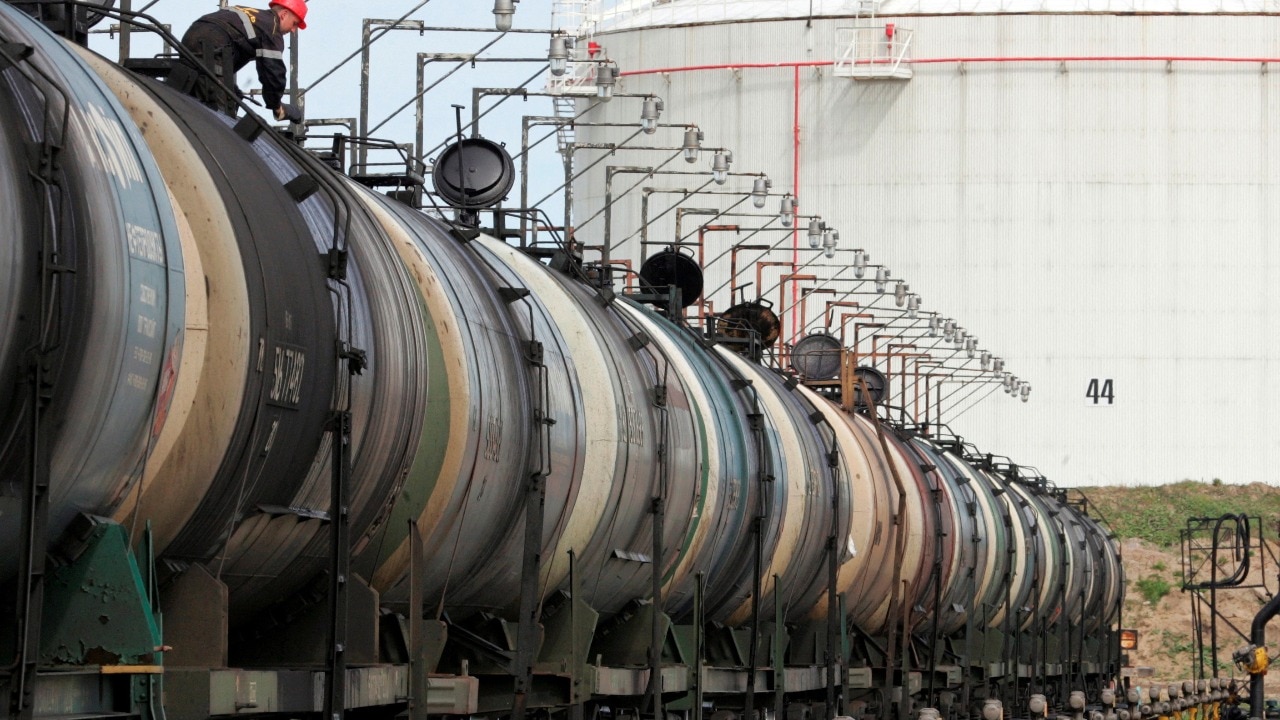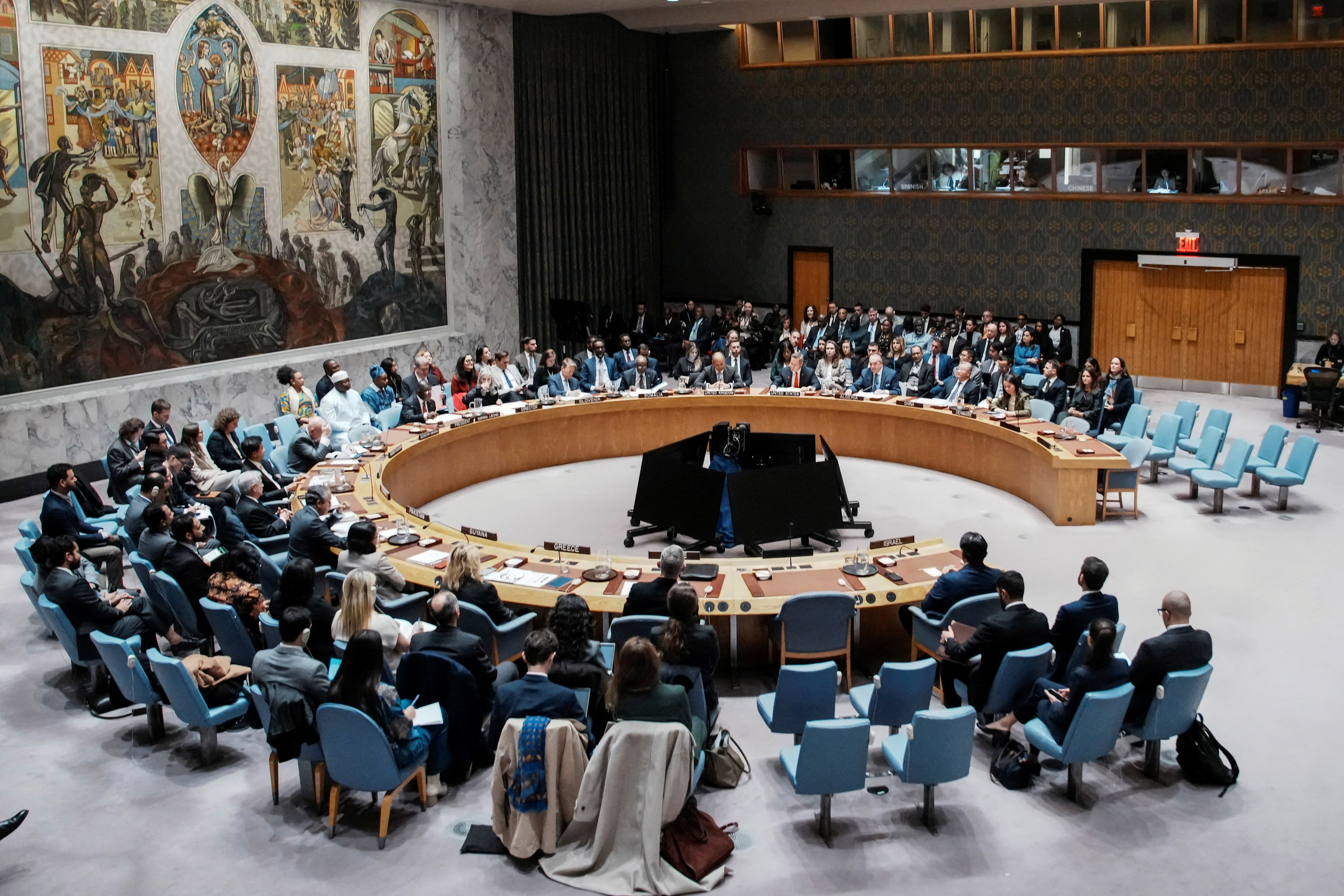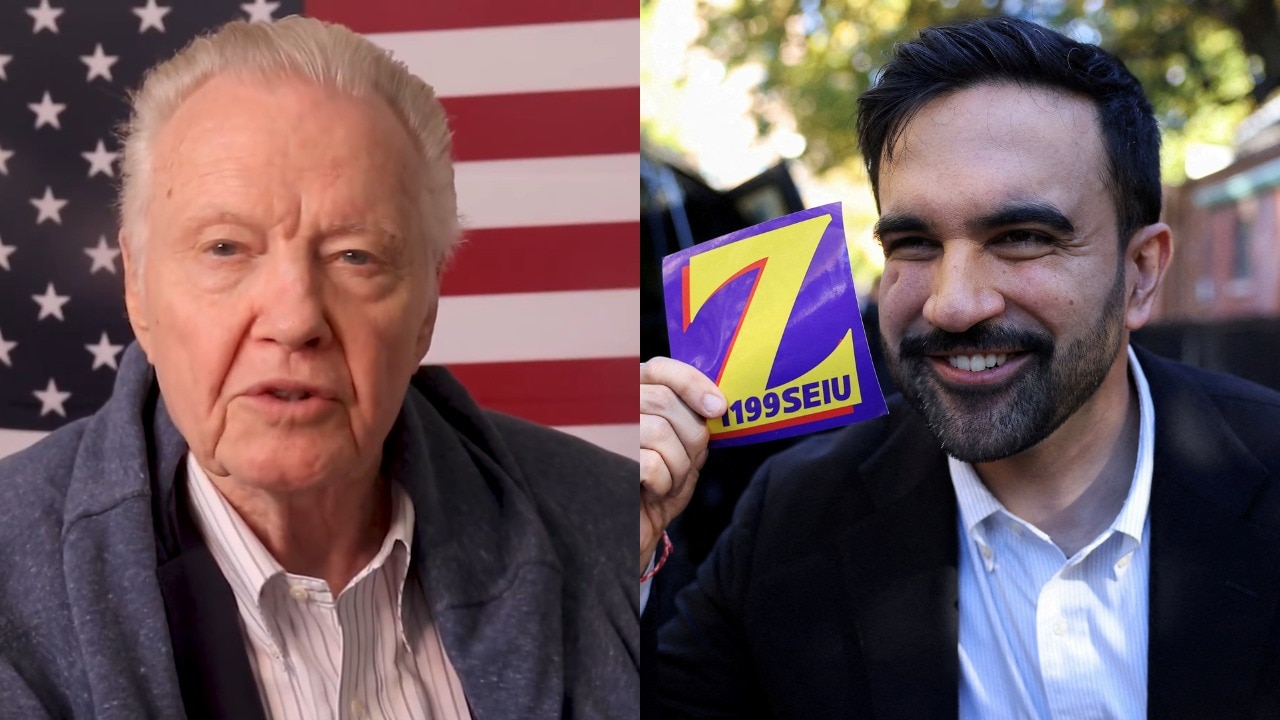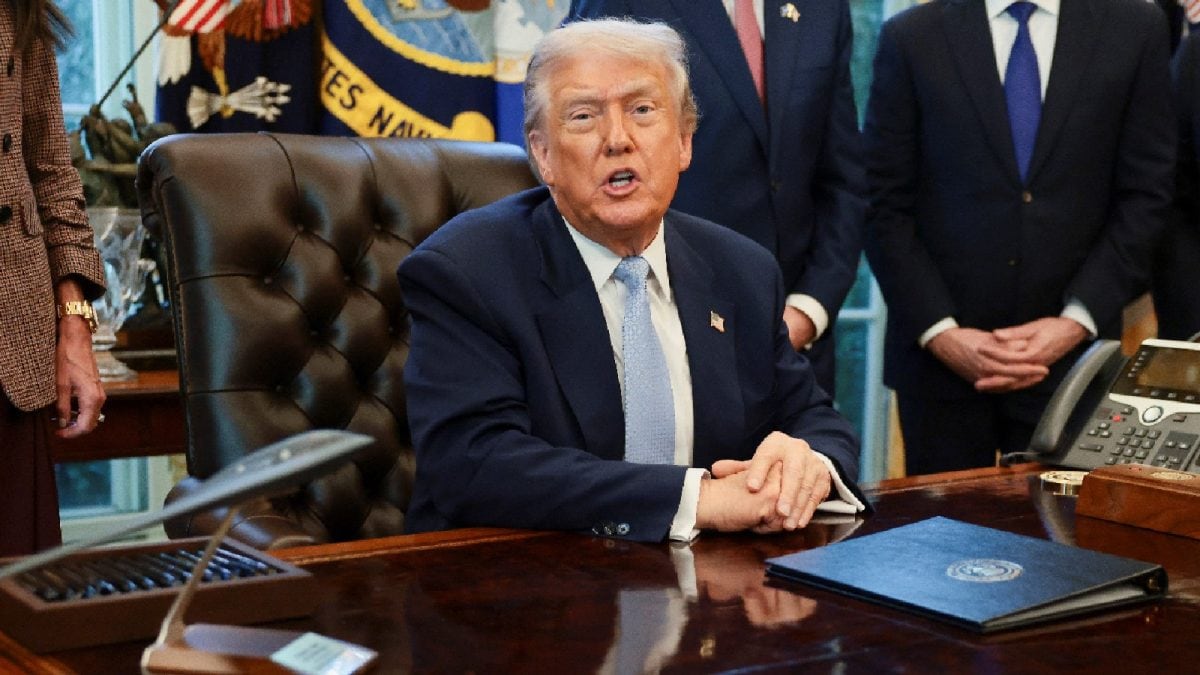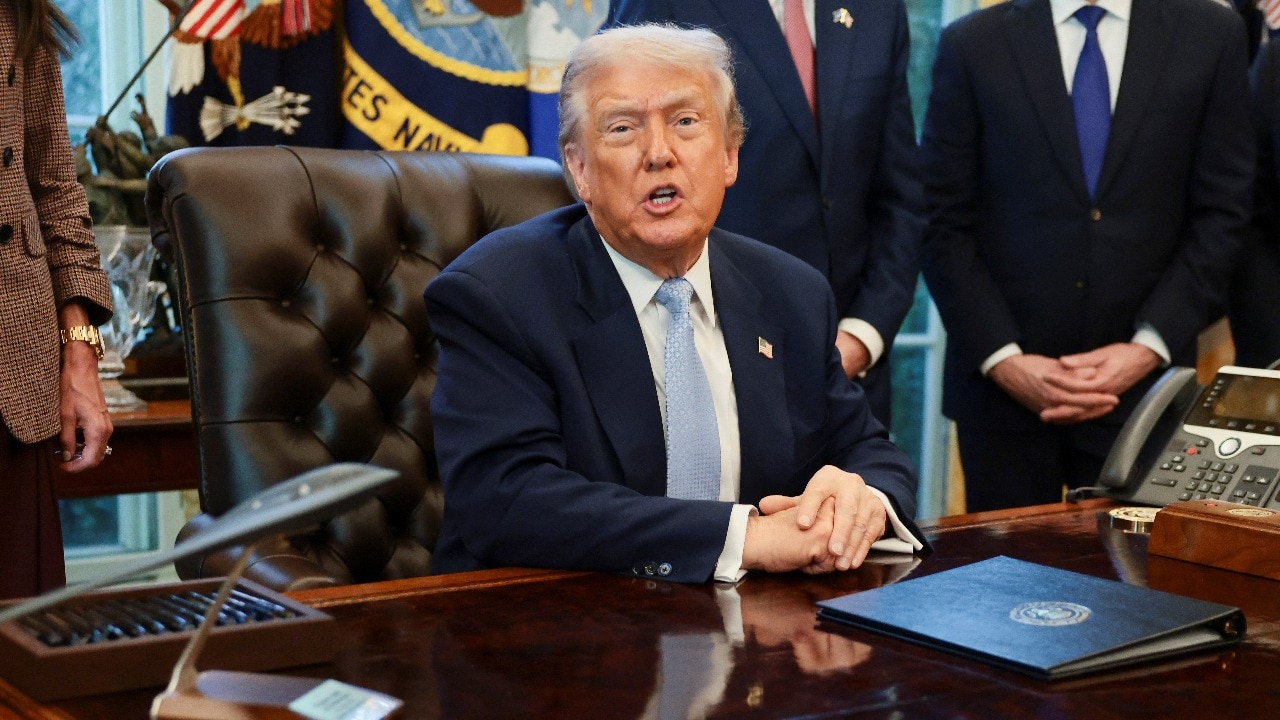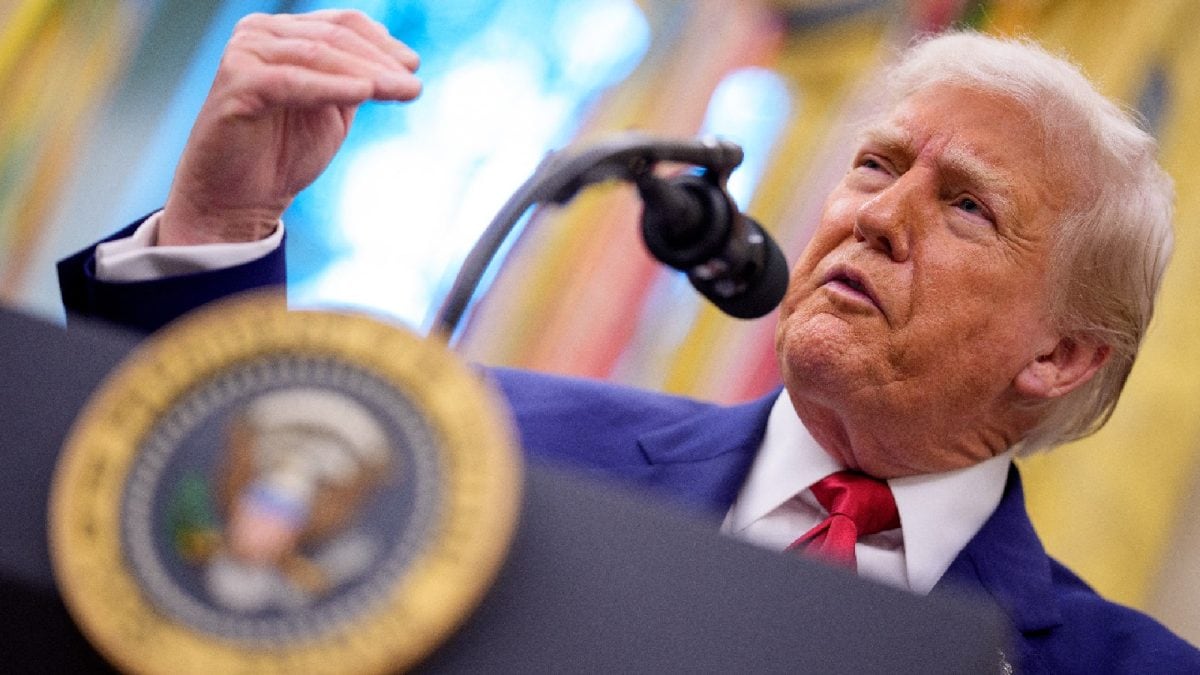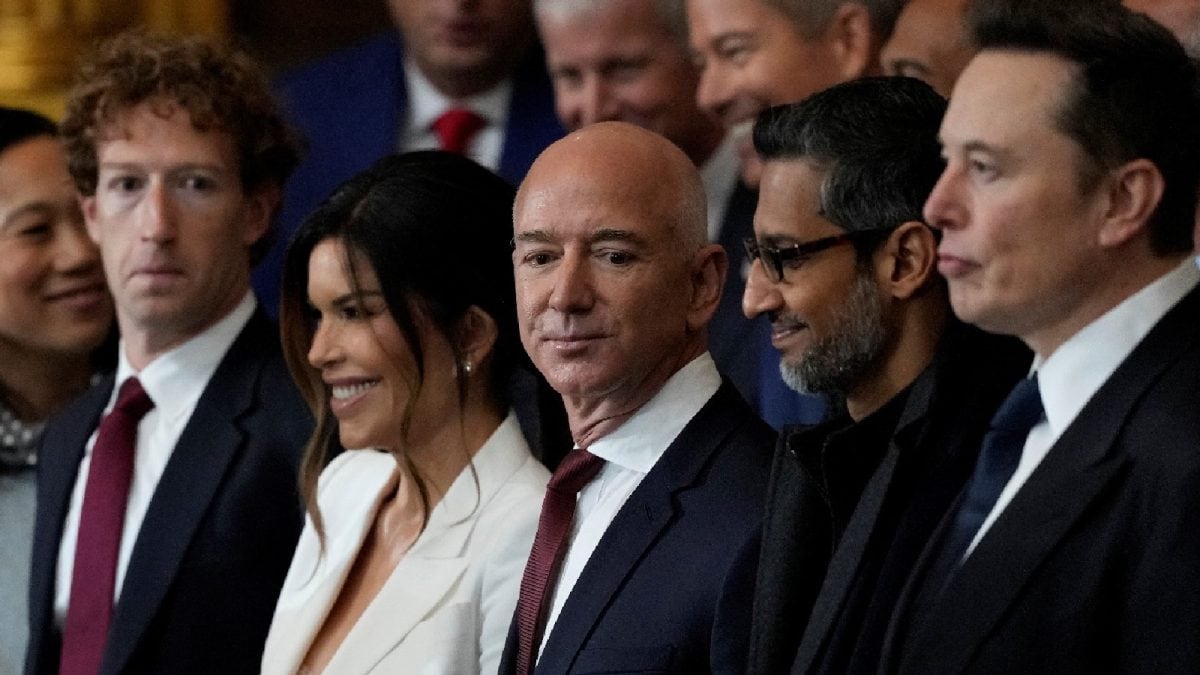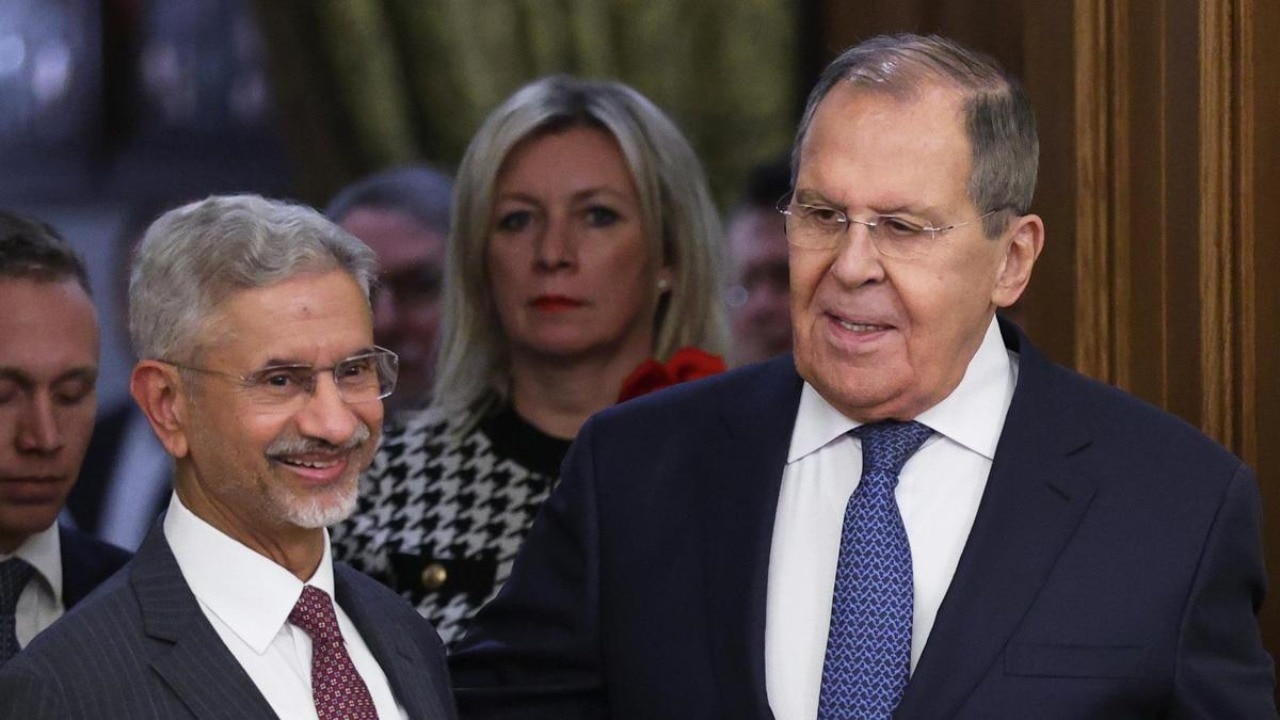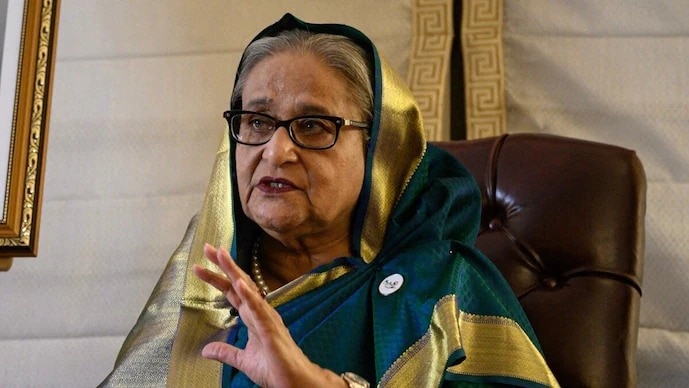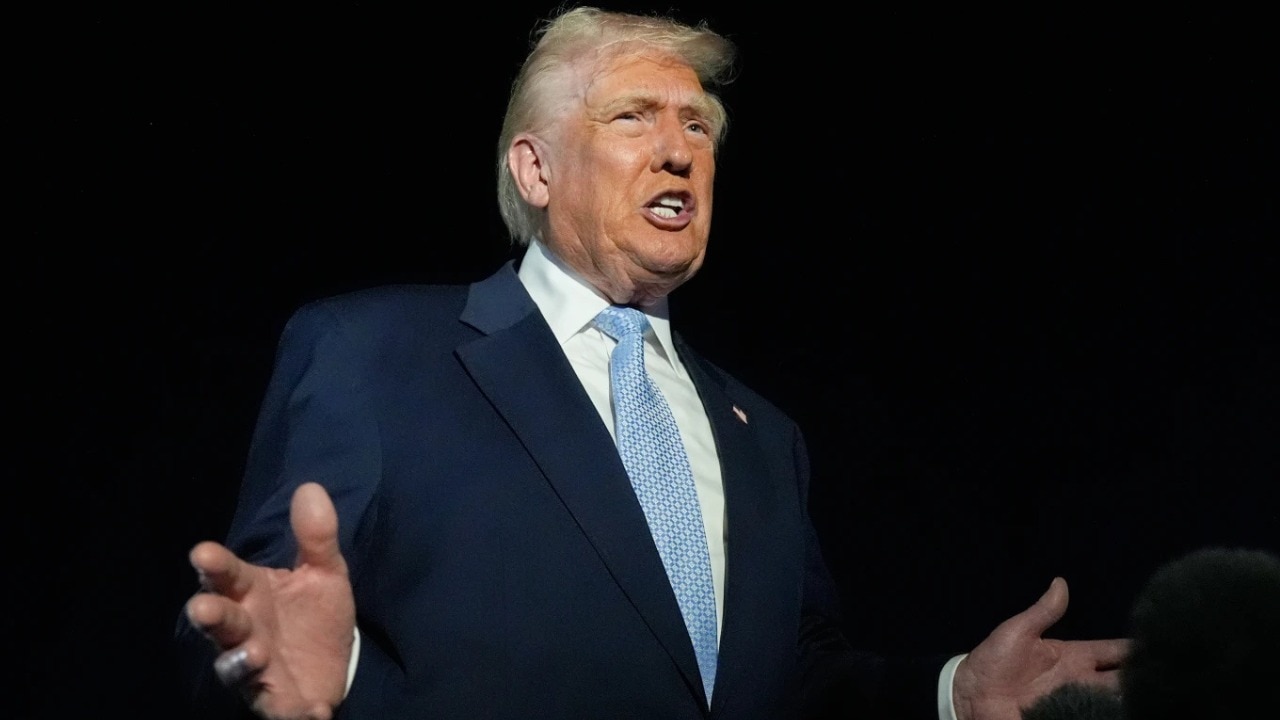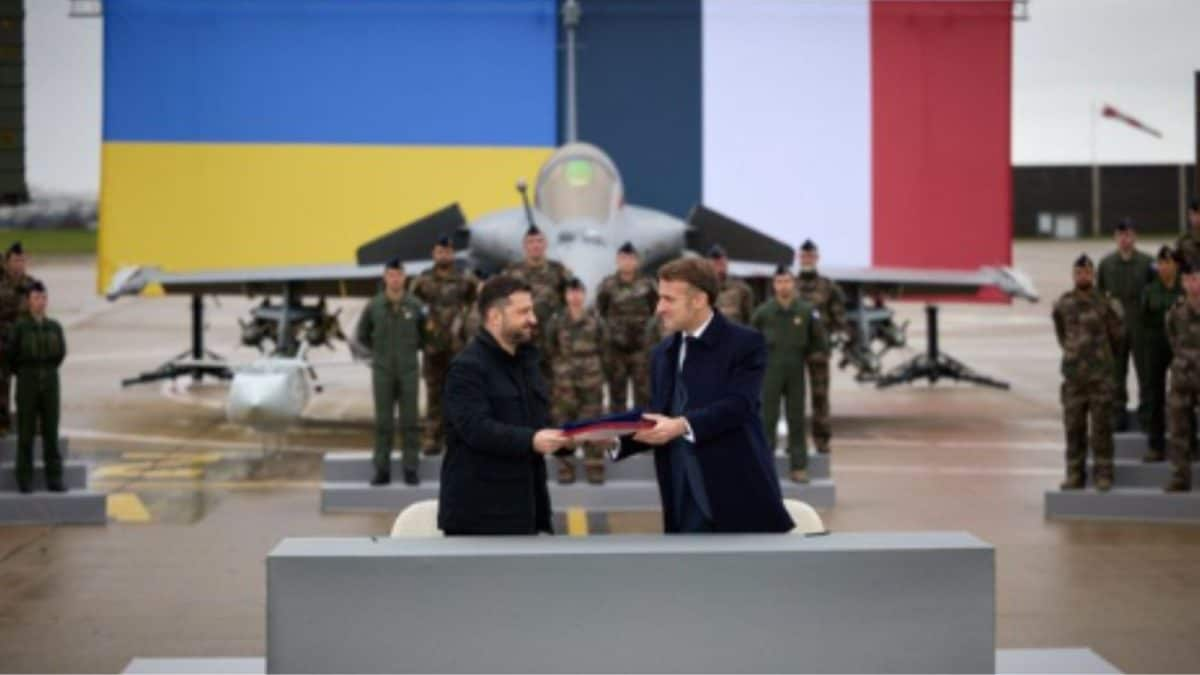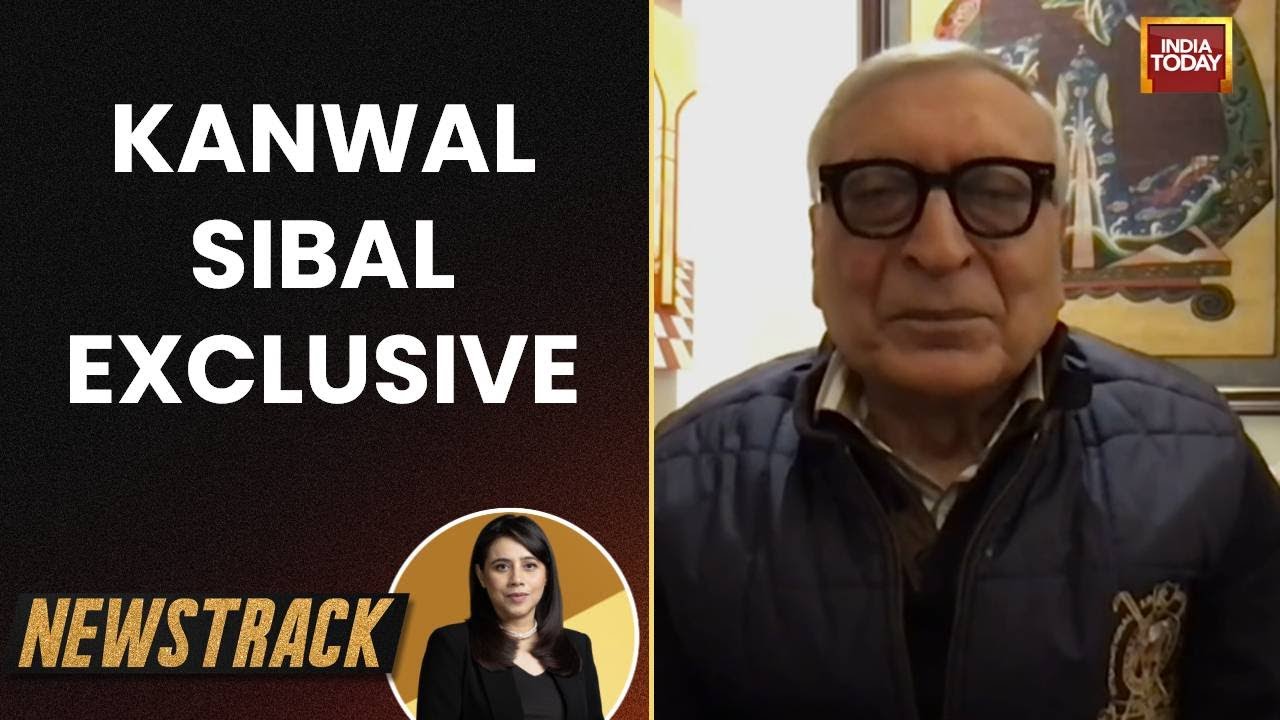India is giving MRI machines, CT scan machines, vaccines and cancer medicines to help the people of Afghanistan. Pakistan has carried out air strikes across several provinces in Afghanistan.

Taliban blame Pakistan after explosions in Kabul
Images of India's External Affairs Minister Dr S Jaishankar presenting 5 of 20 ambulances to the Afghan Foreign Minister, Amir Khan Muttaqi, are viral online, as are images of Pakistan bombing Afghanistan.
The contrast couldn't be more stark.
India is giving MRI machines, CT scan machines, vaccines and cancer medicines to help the people of Afghanistan. Pakistan has carried out air strikes across several provinces in Afghanistan.
As Afghan Foreign Minister landed in New Delhi for his first meeting with India's External Affairs Minister Dr S Jaishankar, India announced upgrading the technical mission in Kabul to a full-fledged embassy. India has signalled a calibrated step towards normalising ties with the Taliban regime.
"Closer cooperation between us contributes to your national development, as well as regional stability and resilience. To enhance that, I am pleased to announce today the upgrading of India’s Technical Mission in Kabul to the status of Embassy of India," Dr Jaishankar said.
In stark contrast, Pakistan has always used and abused the people of Afghanistan. Pakistan's Defence Minister, after decades of raking in foreign aid in the name of supporting Afghan refugees, said enough is enough. Pakistan is running out of patience, accusing the Taliban, the Pakistan army once trained, armed, nurtured and launched, of letting Afghan territory be used for terror against Pakistan.
"Despite years of negotiations with the Afghan government, the bloodshed in Pakistan has not stopped. Daily funerals of military personnel are being held. We are paying the price of 60 years of hospitality to 6 million Afghan refugees with our blood," Asif said.
"The time has come for Afghan guests to return to their homes and end this cycle of terror and murder,'' he added.
Pakistan has expelled more than 5,00,000 refugees, creating a humanitarian crisis in Afghanistan. Pakistani airstrikes in eastern Afghanistan to neutralise Tehrik-e-Taliban Pakistan (TTP) camps, are being seen as a direct violation to Afghan sovereignty.
This is the same Pakistan that for decades floated the concept of strategic depth and wanted to use Afghanistan territory against India.
When IC 814 was hijacked by Pakistani terrorists in December 1999, the aircraft was taken to Kandahar in Afghanistan. The Maulana of terror Masood Azhar, released in Kandhar, travelled to Pakistan and set up the radical Islamist terrorist organisation Jaish-e-Mohammed in Bahawalpur, southern part of Pakistan's Punjab province.
But following Bharat's civilisational ethos, India always extended a helping hand to the people of Afghanistan by setting up a military hospital, which, incidentally, was attacked by Pakistani terrorists and precious military lives were lost. Pakistani terrorists have repeatedly attacked Indian interests in Afghanistan. When prime minister Narendra Modi was sworn in in 2014, then Afghanistan President Hamid Karzai told me, Lashkar-e-Taiba was behind the attack on the Indian consulate. Before that, Pakistani terrorists had attacked the Indian mission in Kabul.
But India's developmental aid continued from building the Afghan Parliament to Salma Dam from the Zeranj-Delaram highway to power and other infrastructure projects. External affairs minister Dr S Jaishankar said India's help to Afghanistan will continue. Not only maintenance of existing projects but also completion of stalled projects and plans to undertake new development projects.
There are six new projects that India will undertake apart from sending MRI and CT scan machines for hospitals in Afghanistan. Food aid will also continue.
In fact, India was the first responder when a devastating earthquake hit Afghanistan's Kunar and Nangarhar projects. India has now promised to help rebuild homes of people devastated in the earthquake. India will also upgrade the technical mission in Kabul to the embassy.
Some of India's initiatives in Afghanistan include:
SALMA DAM: Completed and inaugurated in 2016
ZARANJ-DELARAM HIGHWAY:
Located close to Afghanistan’s border with Iran. The $150-million highway is of strategic importance to New Delhi, as it provides an alternative route into landlocked Afghanistan through Iran’s Chabahar port.
11 Indians and 129 Afghans lost their lives during the construction.
PARLIAMENT:
Built by India at $90 million. It was opened in 2015; Prime Minister Narendra Modi inaugurated the building. A block in the building is named after former PM AB Vajpayee.
STOR PALACE:
In 2016, India restored Stor Palace in Kabul, originally built in the late 19th century.
POWER INFRA
Rebuilding of power infrastructure such as the 220kV DC transmission line from Pul-e-Khumri, capital of Baghlan province to the north of Kabul, to beef up electricity supply to the capital.
HEALTH INFRASTRUCTURE:
India has reconstructed a children’s hospital it had helped build in Kabul in 1972 —named Indira Gandhi Institute for Child Health in 1985 — that was in a shambles after the war.
‘Indian Medical Missions’ have held free consultation camps in several areas. Thousands who lost their limbs after stepping on mines left over from the war have been fitted with the Jaipur Foot.
India has also built clinics in the border provinces of Badakhshan, Balkh, Kandahar, Khost, Kunar, Nangarhar, Nimruz, Nooristan, Paktia and Paktika.
TRANSPORTATION:
India gifted 400 buses and 200 mini-buses for urban transportation, 105 utility vehicles for municipalities, 285 military vehicles for the Afghan Army, 10 ambulances for public hospitals in five cities. India is giving 20 ambulances to Afghanistan in 2025, 5 were presented to the Afghan foreign minister in Delhi.
ONGOING PROJECTS IN 2021:
Construction of the Shatoot Dam in Kabul district, which would provide safe drinking water to 2 million residents. Start of some 100 community development projects worth $80 million.
In 2020, India pledged $1 million for another Aga Khan heritage project, the restoration of the Bala Hissar Fort south of Kabul, whose origins go back to the 6th century. Bala Hissar went on to become a significant Mughal fort, parts of it were rebuilt by Jahangir, and it was used as a residence by Shah Jahan.
Defence cooperation: India delivered three Russia-made Mi-25 attack helicopters to Afghanistan in 2015 and 2016.
People to People ties: As of 2023, there were around 14,000 Afghan students studying in India with scholarship support from different institutions like the Indian Council for Cultural Relations (ICCR).
Multilateral cooperation: Both countries cooperate at international level in various multilateral bodies such as SAARC, Chabahar port, located in southeastern Iran, serves as a gateway for India to access landlocked Afghanistan and Central Asia, while also providing an alternative trade route to Afghanistan that bypasses Pakistan.
Disaster assistance and emergency relief:
In 2022, India has sent 27 tonnes of emergency relief assistance for the people of Afghanistan in the aftermath of the 5.9-magnitude earthquake that killed more than 1,000 people.
Development aid: The Centre in its budget for 2023-24, has set aside Rs 200 crore as assistance.
Line of credit: In order to expand entrepreneurship and business-to-business cooperation, especially between small and medium enterprises of India and Afghanistan, India has offered Afghanistan a 50 million US dollars line of credit facility...
The people of Afghanistan are also thrilled with the sporting ties and BCCI helping the Afghanistan cricket team. India is to increase the number of scholarships and visas for students, for healthcare and for business.
The Chabahar port helps break Pakistan's stranglehold as goods travel from India to Iran and by road to Afghanistan and from Afghanistan to India.
India as always gives health, happiness, development and progress. Pakistan gives terror, death and destruction.
After all, India follows the civilisational philosophy.
"This one is mine, that one is yours— such is the thinking of the narrow-minded.
But for the broad-minded, the entire world is one family."
- Ends
Published By:
Priya Pareek
Published On:
Oct 10, 2025

 1 month ago
1 month ago
